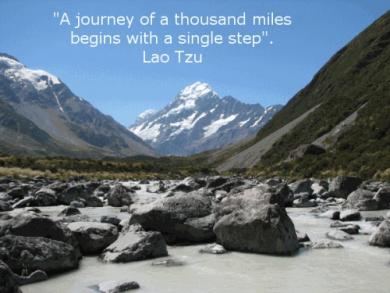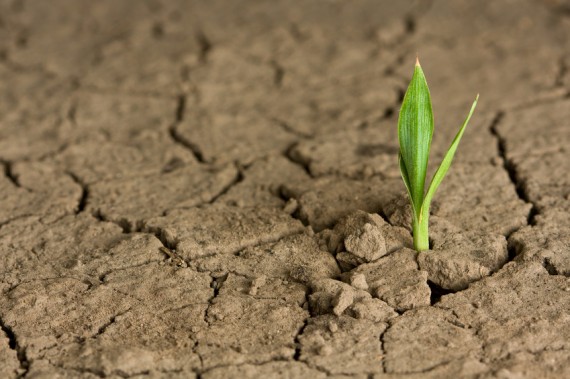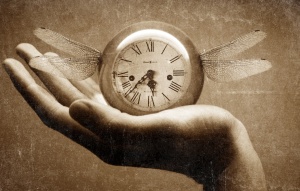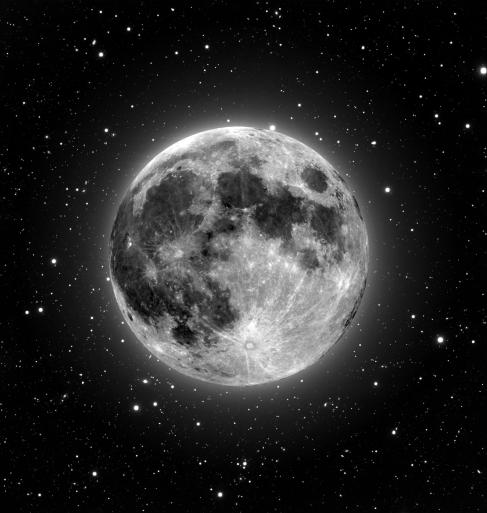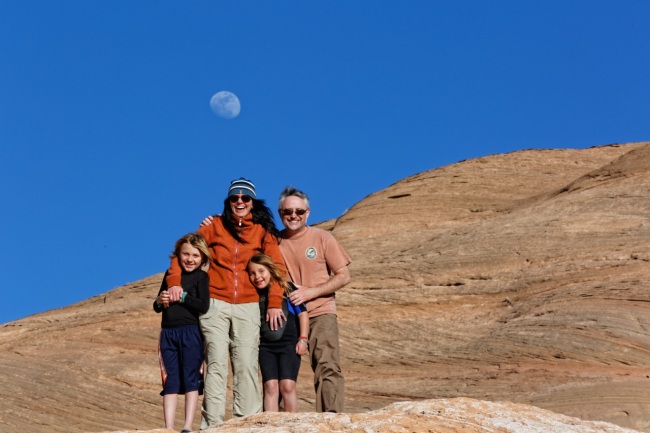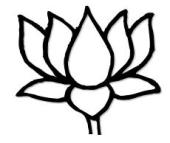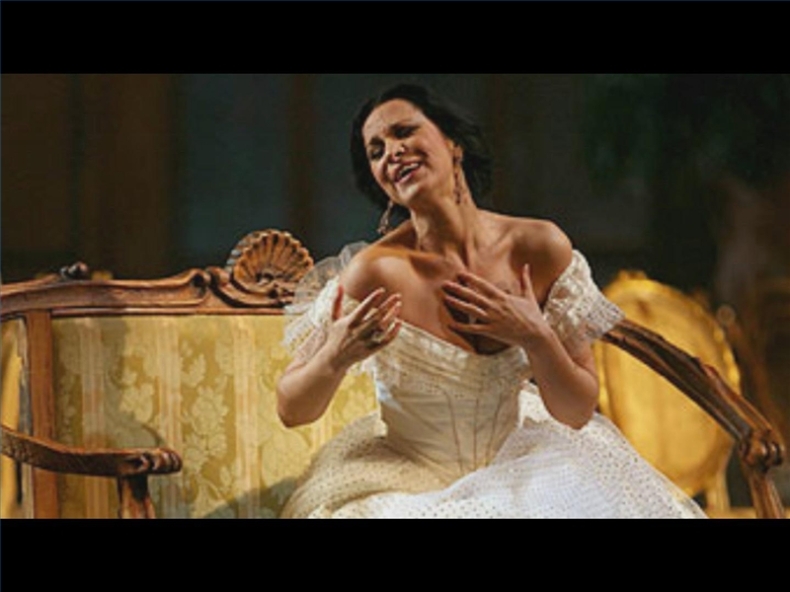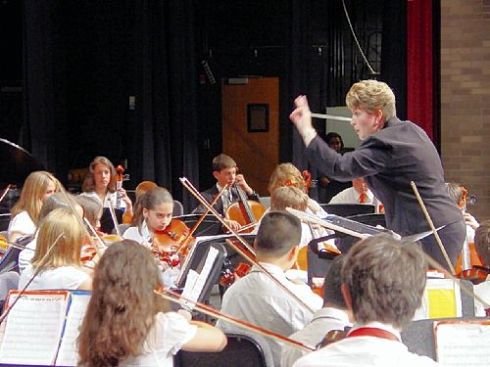It’s January 3rd, a year in its infancy. When thinking about resolutions and beginnings, it’s important to remember that these can happen at any time. While the New Year is our cultural marker to renew, it can also stifle us from making different choices at any point in time and feel like a failure when those resolutions aren’t realized. For example, I have a love-guilt relationship with yoga and meditation. I love both and know my practices make me a more thoughtful, authentic, patient, and calm person. However, somehow, I will go through periods where those practices diminish in time until I’ve forgotten when I last did a down dog or sat on the cushion for five minutes. I find myself cranky, stressed, stiff, and fairly disgusted with my body. At these points, it seems monumental to begin again, and every time I’ve set goals such as 30 minutes of yoga practice per day, I fail and feel guilty for not doing something I know is in my (and everyone else’s) best interest. Throughout my life, though, I have begun to learn the lesson that a single choice makes a difference and many choices collectively make an impact. Getting up five minutes early to sit in quiet is a simple, easy step. Five minutes a day for a year is over 30 hours of reflection and sitting in peace. Wow!
Choices in our lives are made throughout every day and night. If I think about something as simple as taking a breath before I react negatively with my daughter when frustrated, I can affect the way in which the rest of the afternoon goes. If I pause before making a snarky comment to my husband about him not doing the dishes, I can avoid a sullen atmosphere the rest of the evening. If I take the time to compliment my son on his reading skills before he gets on the bus, I can encourage him throughout his school day. Sometimes, choices aren’t conscious, and we must react because there is no time to do otherwise. However, if our daily routine involves mindful choices, those reactions are likely to be guided by our habits.
We’ve all heard the quote from Chinese philosopher, Lao Tzu, found in the Tao Te Ching, but have we really taken it to heart? The journey of a thousand miles really does begin with one step…and another step, and another step, and another. I was once on a week-long backpacking trip with my husband, brother-in-law, sister-in-law, and two family dogs that went very badly. Although experienced backpackers, we encountered a great deal of snow and melted runoff for which we were unprepared and later in the week, I was incredibly ill, lost a lot of blood, and was very weak. I needed to get out of the back country, and the fastest and safest way to help was by me walking with the group. At one point, I recall stopping, crying, and telling my husband for the first time ever that I couldn’t go any further; the idea of hiking miles to the car seemed like a monumental obstacle. He looked at me and said, “All you have to do is put one foot in front of the other. Then, do it again. You can do that. You’ve been doing that. Now, move!” Needless to say, we made it, but it was because he broke down the giant task into what it really took–one step at a time.
I’d like to make this New Year, 2016, about mindful choices. I don’t have goals, like losing weight, being more patient, or finishing those two articles, although these accomplishments would be great. Instead, I will focus on daily, incremental steps that make me a happier person and others in my life happier as well though the conscious choices I make. I challenge you to do the same.
